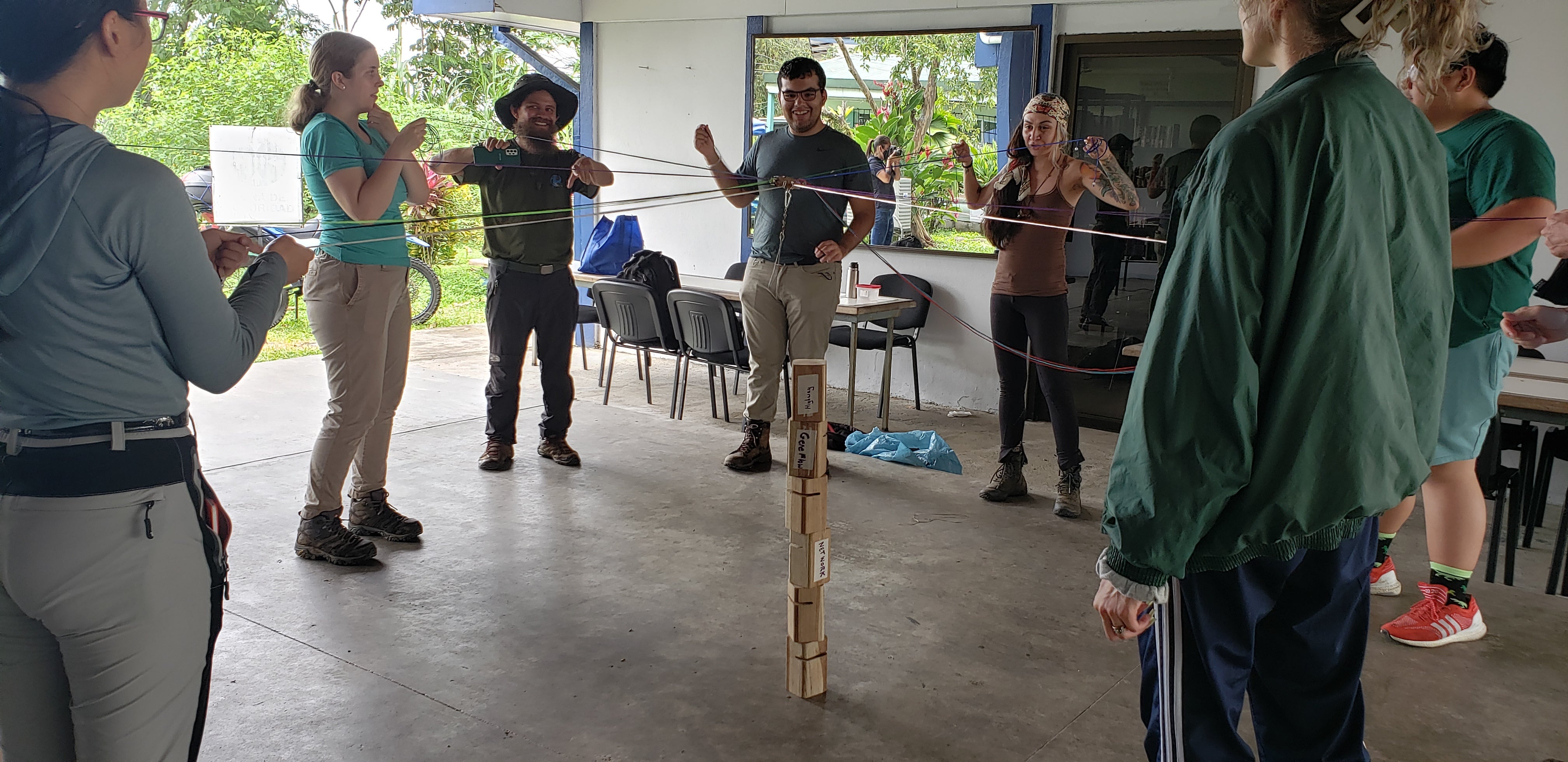Environmental Conservation, BAS
This Bachelor of Applied Science (BAS) program has an emphasis in Environmental Conservation that provides a distinctive baccalaureate degree pathway for students who receive department approval to declare the BAS or have completed an associate degree in a similar or related field from an accredited institution and receive department approval.
The Environmental Conservation degrees focus on protecting the wider natural environment. This program prepares students to manage resources sustainably and protect habitats, species, and ecosystems from environmental challenges. Coursework within this program teaches students to examines conservation issues within local and global contexts. Students also learn essential professional skills like problem-solving and oral communication.
Environmental conservation programs prepare students to:
Analyze environmental samples: Studying field samples lets you understand the environment’s conditions. Environmental conservation courses teach you to extract and analyze impacts to habitat and soil and water for aspects like chemicals, potential growth and pH level.
Picture 2: Students in Costa Rica Field Biology course, Summer 2021
Learn ecological principles: A conservation degree teaches major ecological principles, including ecosystem components, common gene configurations and the importance of biodiversity.
Manage computer technology: Many jobs have shifted to digital formats and tools, environmental conservation is no exception. This degree prepares students to use the technology they’ll encounter in the field.
Evaluate species habitats: This degree in conservation prepares you to study wild animal/plant populations and learn about ways to protect threatened and endangered species. You'll study how humans have impacted our environment and how we can conserve important ecosystems, including deserts, forests, water, and rangelands.
Oversee greenhouse spaces: Greenhouse management courses let students learn to apply plant science principles and basic management techniques to greenhouse spaces.
For more information, please contact
Hermela Tsige
Administrative Assistant II
hermela.tsige@csn.edu
Office: 702-651-3131

